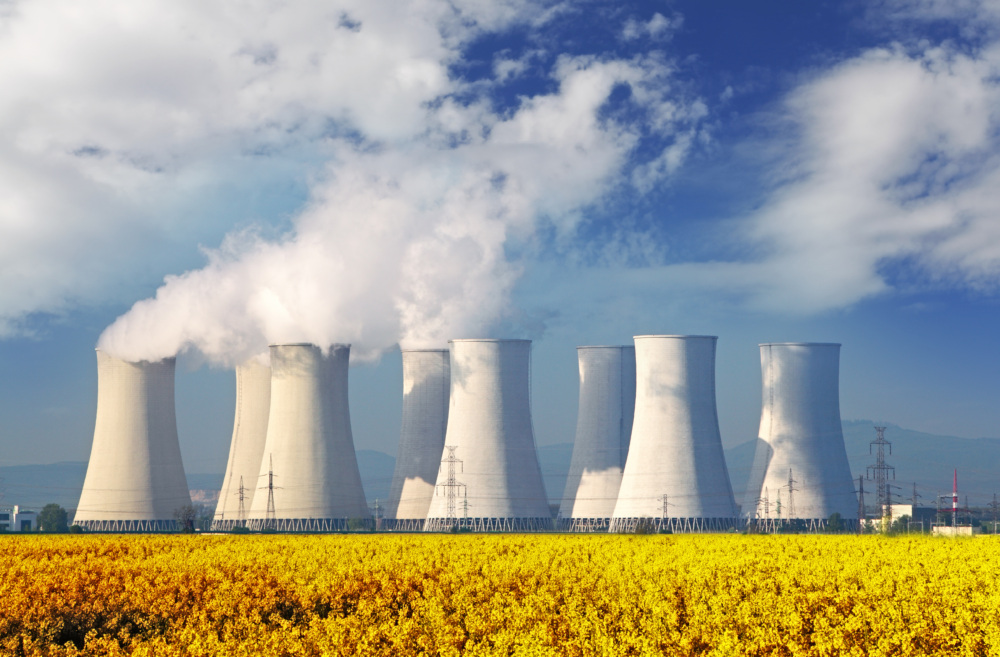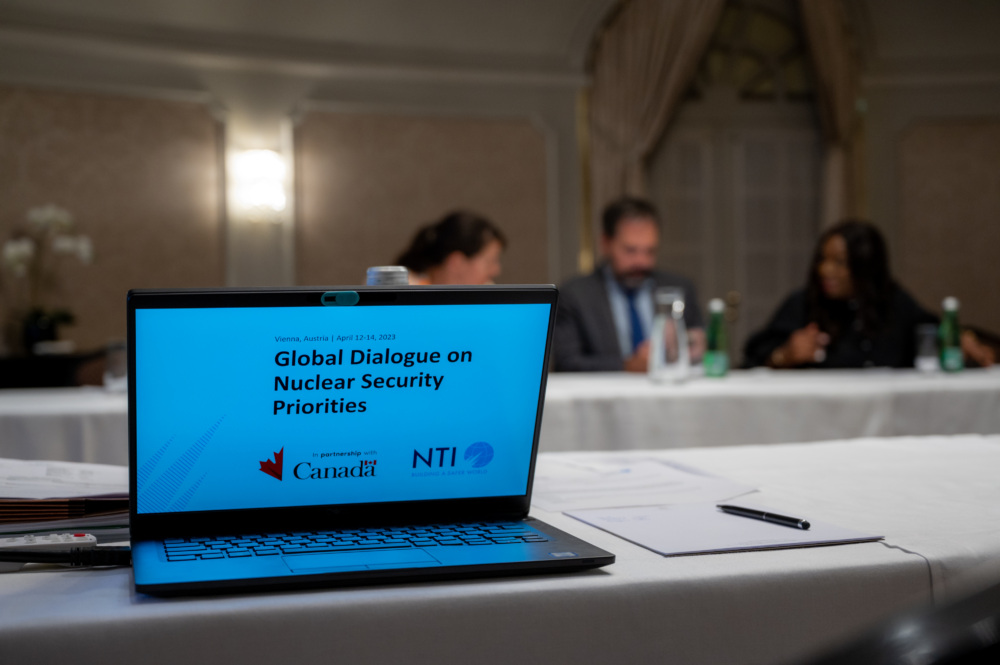
Ernest J. Moniz and Armond Cohen in the Boston Globe: “The world wants to triple nuclear energy: What will it take?”
To make good on their COP28 pledge, countries need a new approach to building, regulating, and financing nuclear technology.
This is an excerpt from NTI’s white paper, titled “Strengthening the Global Nuclear Security System,” which reflects early analysis and proposals from the Global Dialogue on Nuclear Security Priorities. It does not reflect the consensus opinion of NTI or the group of global experts participating in the Global Dialogue.
The Need for a Strengthened Global Nuclear Security System
The international nuclear security system today is a patchwork of agreements, guidelines, and multilateral engagement mechanisms. All of these, however, have numerous gaps and limitations. The challenge then is to strengthen the system, to the benefit of each state individually and for all states globally.
The primary responsibility for nuclear security begins with each state. While this is certainly the case for states which possess relevant nuclear materials and facilities, all states—even those without nuclear materials—must be alert to the possibility that their territories could be used as a safe haven, staging ground, or transit point for terrorist operations involving stolen nuclear materials.
The national responsibility to effectively meet nuclear security objectives, however, cannot be viewed as the exclusive domain of each state. In a world where global nuclear security is only as strong as the weakest link in the chain, every state has a security interest in how well others meet this responsibility. Sovereignty need not mean operating in isolation, particularly when the nuclear security system should be viewed as a global responsibility because risks related to nuclear security have a global impact. Many terrorist groups are transnational in their membership, objectives, and activities. Terrorists are opportunistic. They are likely to attempt to seize nuclear material where security is believed to be lax, and if they succeed in making a nuclear device, they may decide to use it where access to an attractive target is easiest. Thus, a failure of nuclear security in one state could well result in an attack in another. Likewise, as in Fukushima, a major radiation release in one state has serious political, economic, and environmental consequences in many other states and can erode the public confidence needed to sustain long-term public support for civilian nuclear technology, in all of its forms.
This paper identifies key elements of the existing nuclear security system, proposes characteristics of a strengthened global nuclear security system, and reveals gaps in the existing system.
Sign up for our newsletter to get the latest on nuclear and biological threats.
To make good on their COP28 pledge, countries need a new approach to building, regulating, and financing nuclear technology.
Lessons Learned from 10 Years of the Global Dialogue on Nuclear Security Priorities
The NTI Index is recognized as the premier resource and tool for evaluating global nuclear and radiological security.

